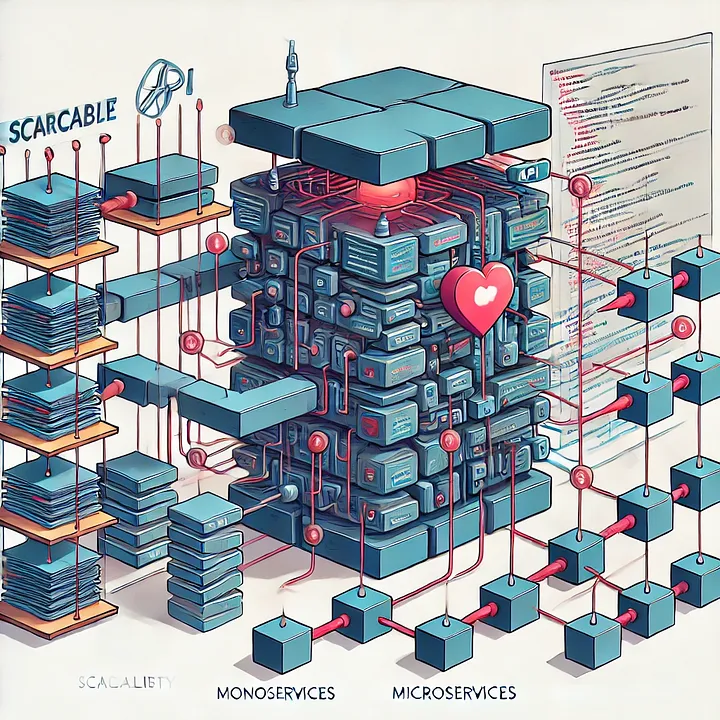Author: Emre Ozan Memiş – Solution Manager, OBSS | Microsoft MVP
The AI revolution is here, and software development is at the heart of this change. Yet, AI is just one piece of the puzzle; the industry is also being reshaped by cloud computing and open-source ecosystems.
Standing at the center of this transformation is GitHub. Evolving far beyond a simple code repository, it has become a strategic platform for over 100 million developers, integrating collaboration, security, and AI-powered productivity. This article examines GitHub’s complete portfolio, from its core platform to AI solutions like Copilot and security tools like GHAS, to show why it is a critical partner in any organization’s digital transformation. Let’s dive in.
Organizations must prioritize not only the speed of software delivery but also security, scalability, and compliance throughout their digital transformation journeys. GitHub emerges as an integrated platform that addresses these requirements comprehensively.
2. Why Should Your Organization Choose GitHub?
GitHub enhances team productivity through AI-powered coding with Copilot, with developers reporting they are up to 55% more productive when writing code. This, combined with automated CI/CD pipelines with GitHub Actions, and cloud-based development environments via Codespaces, allows software teams to focus less on repetitive tasks and more on innovation.
2.1. What About Security and Regulatory Compliance?
With Advanced Security, vulnerabilities are detected and prevented proactively. This approach is a cornerstone of a modern DevSecOps strategy, integrating security directly into the development workflow. Additionally, solutions such as Enterprise Cloud with Data Residency ensure compliance with regulations like GDPR. Organizations can thus manage their development processes both securely and lawfully.
2.2. Fostering Collaboration and Ensuring Governance
Issues, Projects, and Pull Requests strengthen intra- and inter-team collaboration. Integration with Microsoft Teams further enhances communication. The Enterprise edition provides governance mechanisms such as access control, auditability, and adaptability to meet enterprise-level needs.
2.3. Achieving Scalability and Flexibility
Through Azure integration, GitHub offers a globally secure and scalable platform. From startups to multinational enterprises, organizations can craft a GitHub strategy tailored to their growth pace.
3. A Closer Look at GitHub’s Product Portfolio
3.1. Core Platform: GitHub Free, Pro, Team, and Enterprise
GitHub’s core product line provides tailored solutions for individuals and organizations of all sizes:
GitHub Free: A starting point for individual developers to engage with open-source communities and build projects with limited private repository support.
GitHub Pro: Offers professional developers enhanced repository insights, automation capabilities, and extended personal use features.
GitHub Team: Strengthens team collaboration with advanced Issues, Projects, and workflow management tools.
GitHub Enterprise: Designed for large organizations, this edition delivers critical features such as advanced security, governance, regulatory compliance, and integration with hyperscalers like Microsoft Azure. Enterprise Cloud with Data Residency provides significant advantages for industries subject to regulations such as GDPR.
3.2. AI-Powered Coding: The GitHub Copilot Suite
Representing the future of AI-powered development, GitHub Copilot is offered in three tiers:
Copilot Free: As one of the most popular free AI tools for developers, it provides individual developers with basic inline code suggestions, accelerating their learning process.
Copilot Team: Enables AI-enhanced collaboration at the team level. Features such as Copilot Chat, code referencing, and transparency filters allow teams to develop securely and efficiently.
GitHub Copilot Enterprise: Offers AI integration at enterprise scale. With fine-tuned models, organizations can receive customized suggestions based on their own codebases, APIs, and frameworks. When evaluating the different tiers, teams often consider the GitHub Copilot pricing to select the plan that provides the best return on investment. This top-tier solution increases productivity while embedding enterprise-grade security.
3.3. Proactive Security with GitHub Advanced Security (GHAS)
In software, security is an inseparable part of the development lifecycle. GitHub Advanced Security (GHAS) enables organizations to adopt a proactive security strategy through:
Code Scanning (CodeQL): Detecting vulnerabilities in codebases at an early stage.
Secret Scanning: Identifying sensitive information (passwords, API keys) mistakenly committed to repositories.
Dependency Review & Dependabot: Analyzing security risks in dependency chains and suggesting automated updates.
GHAS elevates security management from an individual developer’s responsibility to an enterprise-wide, systematic practice.
4. Real-World Usage Scenarios: GitHub for Every Team
4.1. Individual Developers
Copilot Free and GitHub Free enable individuals to learn quickly and engage with open-source communities, supporting personal growth and easing entry into the software world.
4.2. Startups and ISVs
For startups, speed is critical. GitHub Team, Codespaces, and Actions simplify rapid prototyping and CI/CD workflows. With Dependabot and GHAS, even small teams can achieve enterprise-level security standards.
4.3. Enterprise Organizations
GitHub Enterprise and Copilot Enterprise consolidate security, compliance, and AI-driven productivity under one roof. Data residency and regulatory compliance safeguard critical sectors, while AI-powered efficiency boosts the performance of large teams.
4.4. Organizations with Legacy Systems
Copilot’s explanation, refactoring, and documentation capabilities help modernize legacy codebases. This enables organizations to manage technical debt and establish sustainable digital infrastructures.
In brief, GitHub is not merely a tool but a strategic partner in organizations’ digital transformation journeys. For individual developers, it is a space for learning and productivity. For startups, it acts as an accelerator. For enterprises, it delivers a holistic solution combining security, compliance, and AI integration.
The future of software is being written on GitHub. The only question left is: where will you write yours?




